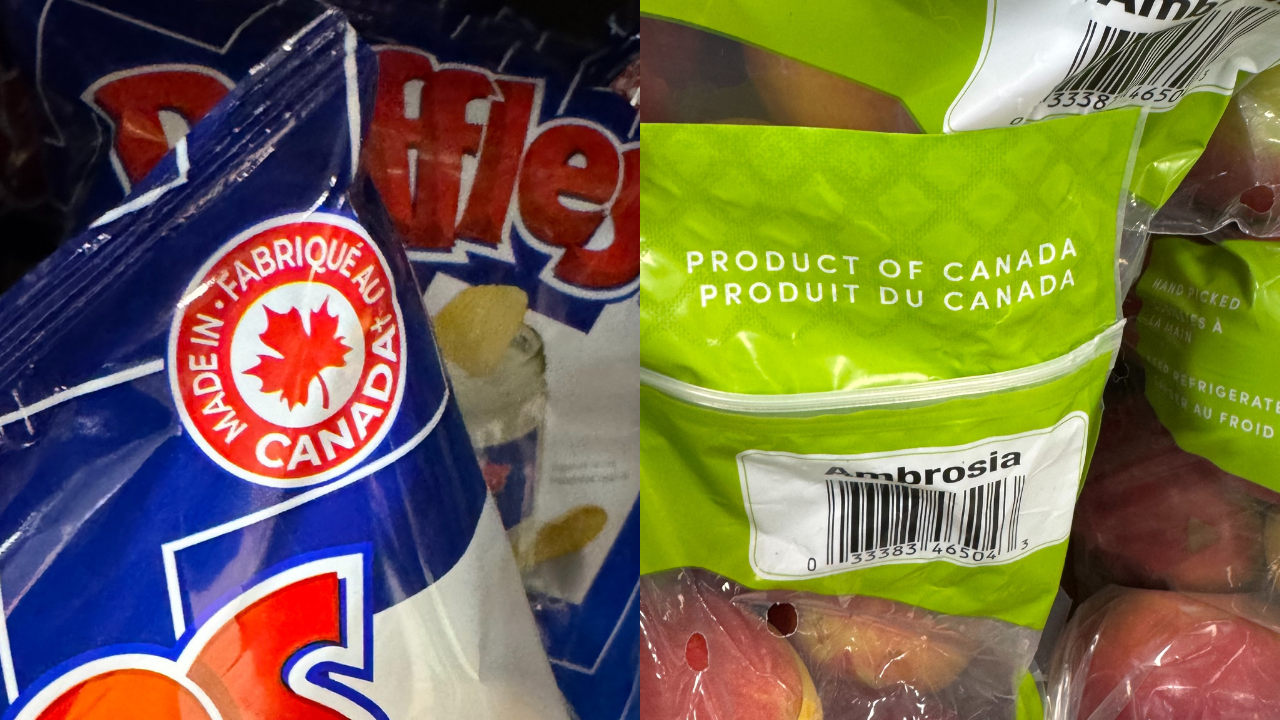U.S. central bank raises interest rates again, to highest level since 2001

The U.S. Federal Reserve raised its key interest rate for the 11th time in 17 months on Wednesday, leaving the door open to another increase as the central bank shows how serious it is about getting inflation back to two per cent.
The move lifted the Fed’s benchmark short-term rate to an upper limit of 5.5 per cent — its highest level since 2001.
Coming on top of previous rate hikes, the Fed’s latest move could lead to further increases in the costs of mortgages, auto loans and credit cards.
Although inflation has eased from more than nine per cent last year to below three per cent, according to the most recent data, Wednesday’s hike reflects the concern of Fed officials that the U.S. economy is still growing too fast for inflation to fall back to the central bank’s two per cent target.
One inflation measure preferred by the Fed, which excludes volatile food and energy costs, was still up 4.6 per cent in May from a year earlier.
In a statement, the Fed said the economy “has been expanding at a moderate pace,” a slight upgrade from its assessment in June.
More hikes to come?
“This suggests that the Fed is sticking with its plan outlined in June to raise rates one more time later this year,” economist Tiago Figueiredo with Desjardins said.
James Orlando, an economist with TD Bank, thinks that another hike may well happen, but not at the next scheduled Fed meeting in September, but instead at the one following, in October.
“This will give the Fed a three-month window to monitor the economy before it decides whether it should hike again,” he said. “If the labour market fails to weaken and/or core inflation fails to make the progress they expect, another 25 basis point hike would likely be on offer. As it stands, markets are giving this a 50/50 chance.”
The bank will get two more inflation reports between now and the next meeting to make its decision, and Oanda analyst Edward Moya thinks softer inflation readings to come will compel the bank to stop.
“The Fed is probably done and that is keeping soft landing hopes alive,” he said.

;Resize=620)

;Resize=620)